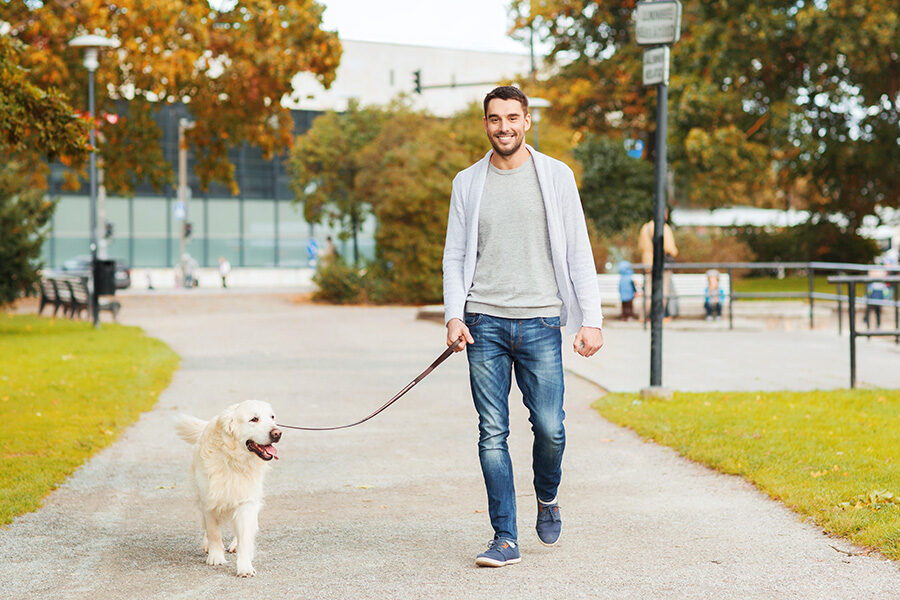Dogs are beloved members of many families and communities, but they can also be a source of frustration and stress if they are not properly trained and socialized. Training and socialization are essential for dogs to be well-behaved, happy, and healthy members of society.
In this article, we will explore the benefits of training and socialization for dogs and how they can help you and your furry friend have a more fulfilling relationship.
Benefits of Training
Training provides structure and boundaries for dogs, which helps them feel secure and safe. Well-trained dogs are easier to control in various situations, such as when they encounter unfamiliar people or animals. Training can help prevent dangerous behaviors, such as biting or running away.
Training can improve communication between dogs and their owners, making it easier for owners to understand and meet their dog’s needs. Training can help dogs develop confidence and self-control, leading to a well-adjusted and happier dog.
Benefits of Socialization
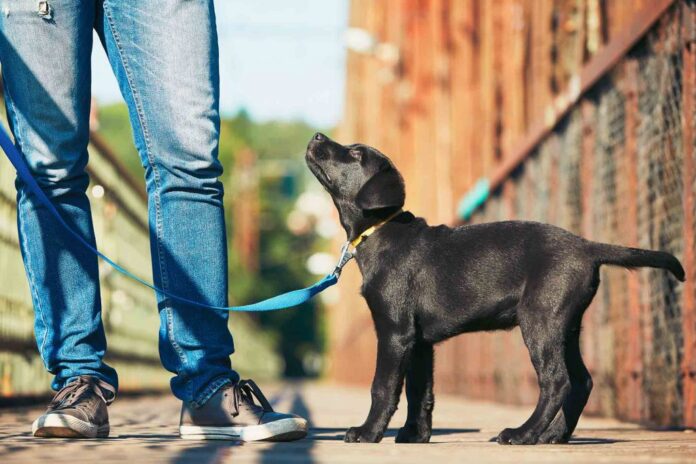
Socialization helps dogs learn to interact appropriately with other dogs and people, making them better-behaved and more enjoyable to be around. Socialization can help prevent fear and aggression towards unfamiliar dogs and people, which can be a source of stress for both dogs and their owners.
Socialization can help dogs become more adaptable and better able to cope with new and unfamiliar situations. Socializing your dog can improve their overall quality of life, allowing them to experience new sights, smells, and sounds.
When to Start Training and Socialization
The best time to start training and socialization is during a dog’s critical socialization period, which occurs between 3 and 14 weeks of age. During this time, puppies are most receptive to new experiences and are less likely to develop fear or aggression toward them. However, it’s never too late to start training and socializing a dog. Adult dogs can still benefit from training and socialization and can learn new behaviors and habits.
How to Train and Socialize Your Dog?
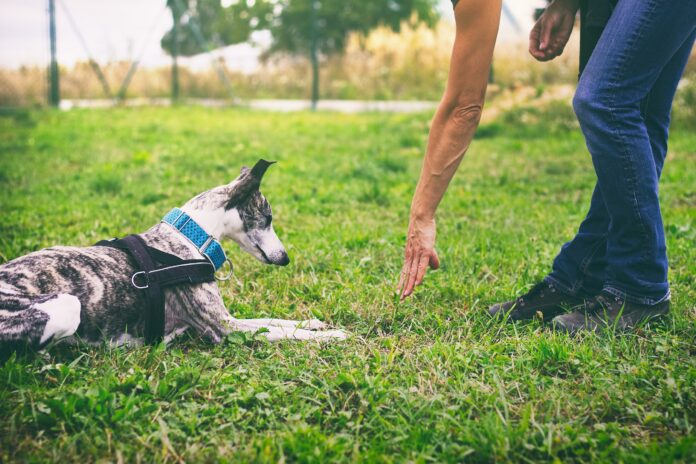
Training and socialization can be done through a variety of methods, such as positive reinforcement, clicker training, and obedience classes. Positive reinforcement is a training method that involves rewarding dogs for desired behaviors, such as sitting or coming when called.
Clicker training is a type of positive reinforcement training that uses a small mechanical device (a clicker) to mark desired behaviors. Obedience classes can be a great way to socialize your dog and teach them basic commands, such as sit, stay, and come. Along with this, pet owners should also take care of the safety aspect. Make sure to buy safety security systems from Petstop.
Socializing your dog can be done by exposing them to different people, animals, and environments, such as taking them on walks in different neighborhoods, visiting different parks, and inviting friends over.
Training and socialization are essential for dogs to be well-behaved, happy, and healthy members of society. Training provides structure and boundaries for dogs, which helps them feel secure and safe, and well-trained dogs are easier to control in various situations.
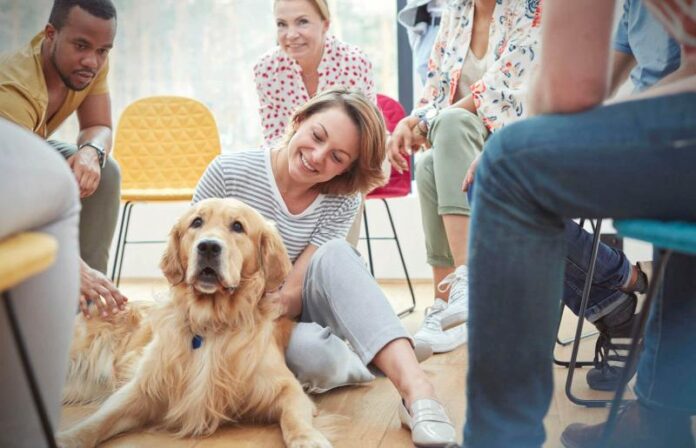
Socialization helps dogs learn to interact appropriately with other dogs and people, making them better-behaved and more enjoyable to be around. The best time to start training and socialization is during a dog’s critical socialization period, which occurs between 3 and 14 weeks of age, but it’s never too late to start.
Training and socialization can be done through a variety of methods, such as positive reinforcement, clicker training, and obedience classes. By providing your dog with training and socialization, you can improve your relationship with your furry friend and give them the best possible life.
Additionally, training and socialization can also have a positive impact on the physical health of your dog. Regular exercise, which can be incorporated into training sessions, can help maintain a healthy weight and prevent obesity-related illnesses such as diabetes and joint problems. Furthermore, training and socialization can also help to reduce stress and anxiety in dogs, which can lead to a range of health issues, including behavioral problems and digestive issues.
Another benefit of training and socialization is that it can help to improve the bond between a dog and its owner. Training and socializing a dog requires a significant amount of time, patience, and consistency, which can help to strengthen the relationship between the owner and the dog. A dog that is well-trained and socialized is more likely to be happy and well-adjusted, which can result in a more satisfying and enjoyable experience for both the owner and the dog.
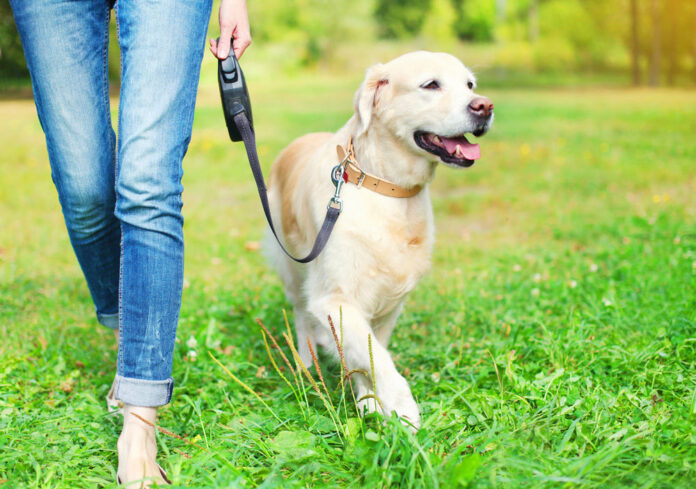
It’s also worth noting that socialization is not just about exposing your dog to other dogs and people but also to different environments, sounds, and experiences. For example, socializing your dog to different types of surfaces such as hardwood floors, tile, and grass can help them to become more comfortable in various settings, making them less likely to be afraid or anxious when visiting new places.
Similarly, exposing your dog to different types of sounds and noises, such as thunderstorms, fireworks, and traffic, can help to desensitize them to these sounds, reducing their fear and anxiety.
Lastly, training and socialization can also help to improve the safety of your dog. A well-trained and socialized dog is less likely to run away, get lost, or be involved in an accident. Additionally, socialization can help to reduce the risk of dog bites, as dogs that are comfortable and confident around people and other animals are less likely to feel threatened and become aggressive.
Overall, training and socialization are essential for the well-being of dogs and can have a positive impact on their physical and emotional health, as well as their relationship with their owner. By investing time and effort into training and socializing your dog, you can help to ensure that they have a happy, healthy, and fulfilling life.

